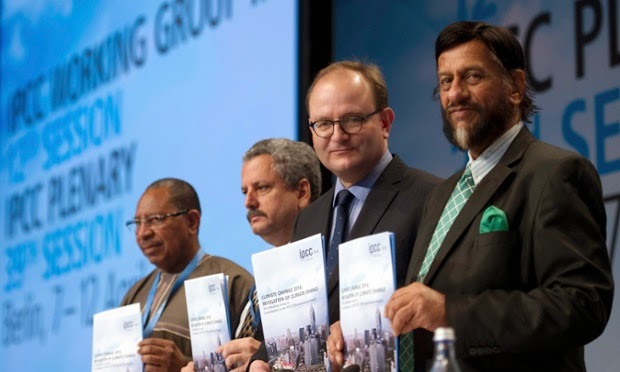by Atayi Babs, Lima
Over
one hundred delegates from countries around the world including leading representatives of the African civil society under the aegis of
the Pan-African Climate Justice Alliance (PACJA) stood together for two
minutes of silence to show solidarity with the people of the
Philippines who are suffering under the lash of Typhoon Hagupit.
The
latest reports say at least 21 people have been killed by floodwaters
caused by the storm, that is continuing its painfully slow path towards
the capital Manilla - 1 million people have been evacuated from their
homes.
At the UN conference centre in Lima civil society representatives called on Ministers arriving today and tomorrow at the climate negotiations to make progress towards a mechanism that effectively addresses loss and damage from climate impacts. Climate change is causing an increase in extreme rainfall and sea level rise is making the storm surges more deadly. Vulnerable countries like the Philippines are already counting the cost, last year Typhoon Haiyan left more than 7,000 dead or missing.
At the UN conference centre in Lima civil society representatives called on Ministers arriving today and tomorrow at the climate negotiations to make progress towards a mechanism that effectively addresses loss and damage from climate impacts. Climate change is causing an increase in extreme rainfall and sea level rise is making the storm surges more deadly. Vulnerable countries like the Philippines are already counting the cost, last year Typhoon Haiyan left more than 7,000 dead or missing.
 "We
stand in solidarity with the Philipines today because we are one,"
Robert Chimambo of the Pan-African Climate Justice Alliance (PACJA)
declared. "Africa is in the same vulnerable boat with Philippines and
that is why we are calling on those with historical responsibility and
capacity to act now or we sink together in this titanic" Chimambo added.
"We
stand in solidarity with the Philipines today because we are one,"
Robert Chimambo of the Pan-African Climate Justice Alliance (PACJA)
declared. "Africa is in the same vulnerable boat with Philippines and
that is why we are calling on those with historical responsibility and
capacity to act now or we sink together in this titanic" Chimambo added.































